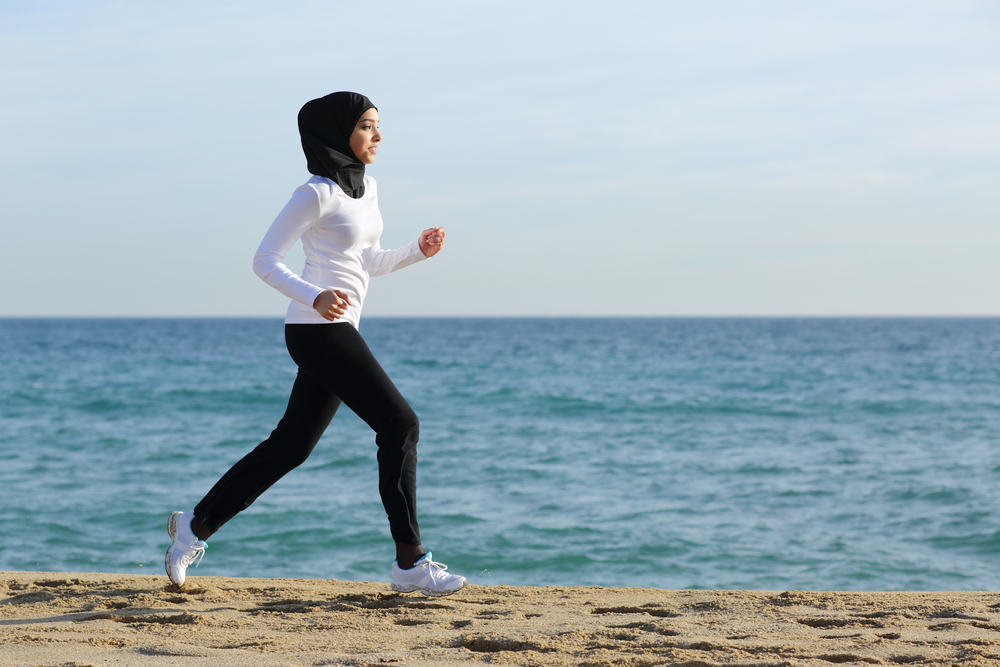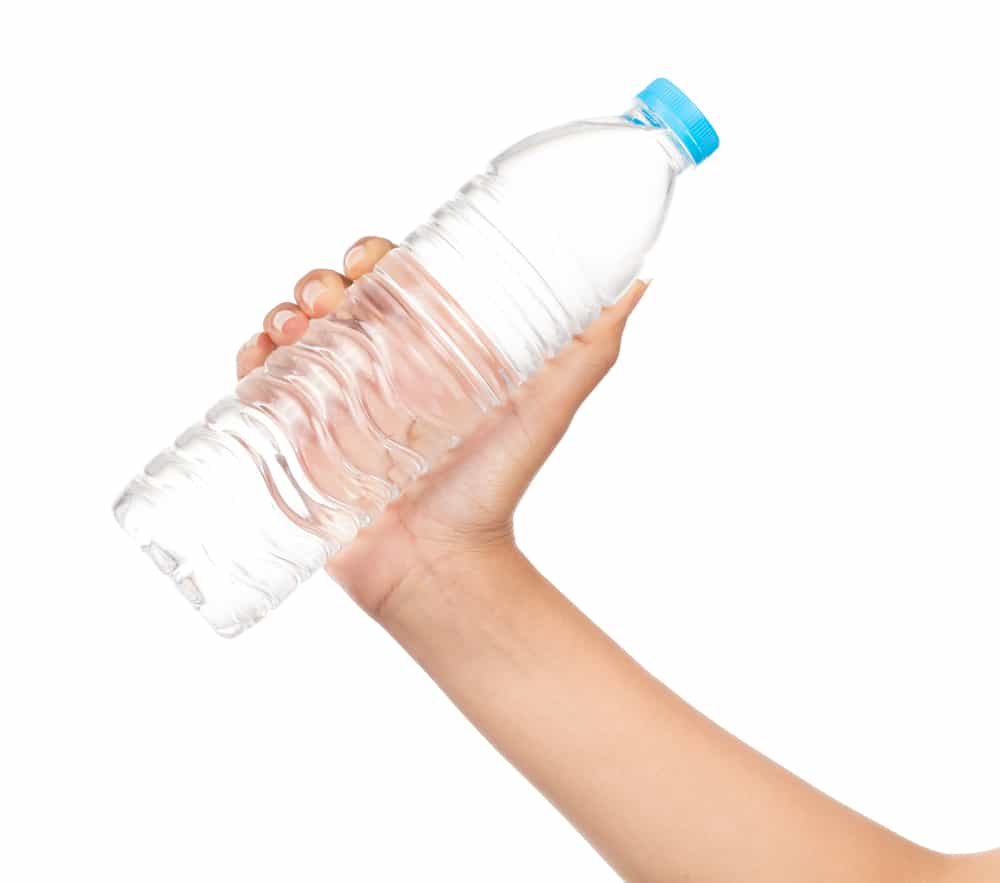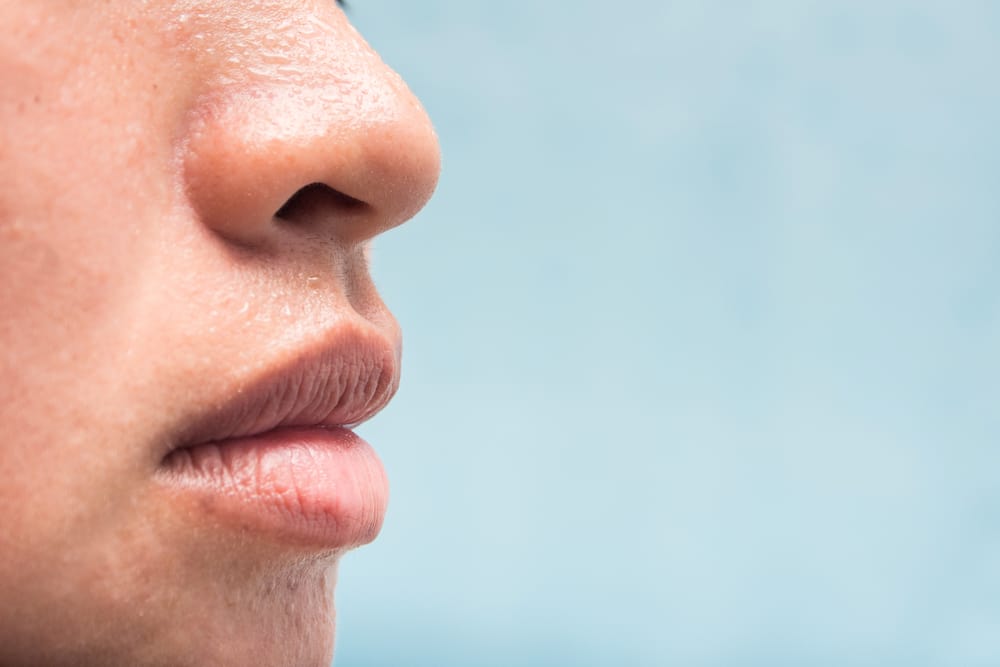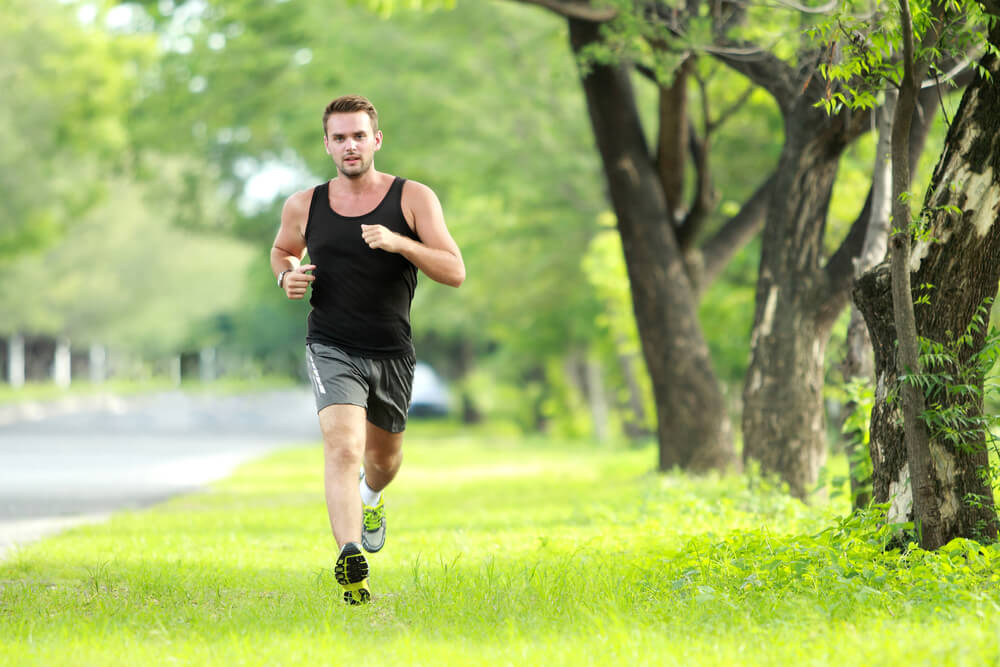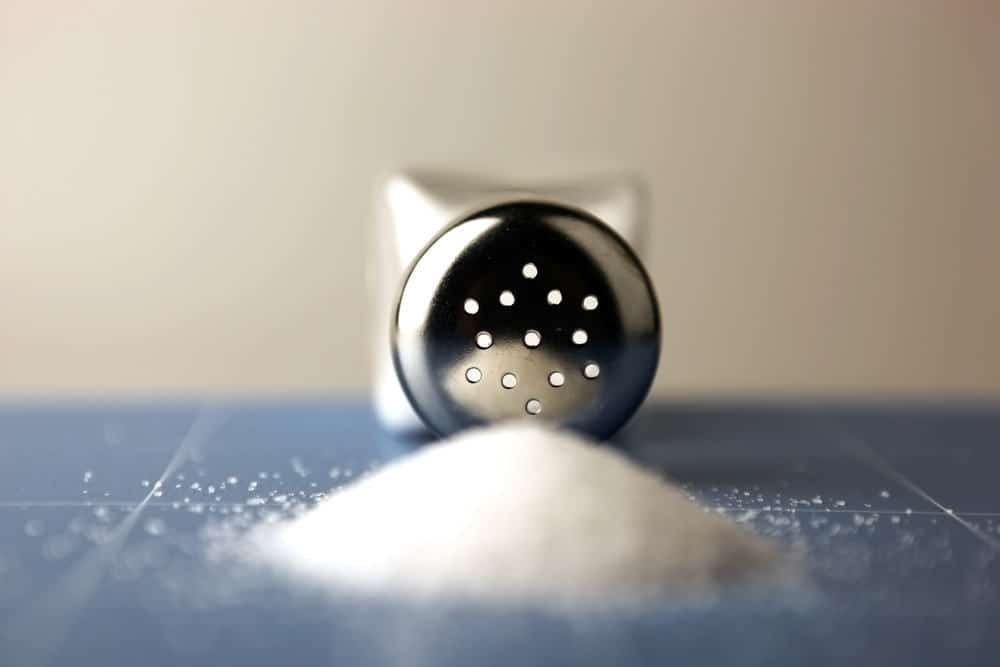Contents:
- Medical Video: 5 Water Fasting Tips for better Results
- 1. Sports time
- 2. Exercise is good when fasting
- 3. Food intake needed
- 4. Drink a lot
- 5. Also pay attention to sleep time
Medical Video: 5 Water Fasting Tips for better Results
Ramadan is a unique month in which Muslims are obliged to fast from dawn until the sun sets. Between this time, approximately 13 hours, the body did not get food and drink supplies from outside. In addition to eating time, food eaten during Ramadan is usually different from usual because there is a tradition of eating certain foods that are only available in Ramadan, such as compote, dates and ice. This change in diet can affect body function.
Many people continue to exercise to keep their body in shape during Ramadan. In addition, there are also athletes who continue to practice in the month of Ramadan in preparation for competition. Sports do have a positive influence on the body, including keeping the body fit and healthy. However, how do you do good exercise in Ramadan? What are the things that must be considered?
1. Sports time
The first thing that must be considered is the time to exercise. It is not recommended to exercise during fasting time. As reported by thenational and Islamicity, exercise should not be done while fasting because when the fasting stomach is empty. The best time to exercise in Ramadan is after breaking the fast, because after breaking the body the energy gets back from food and drink.
However, there are also those who think that the best time to exercise is when they are breaking their fast. As reported by Kompas.com, Dr. Saptawati Bardosono said that exercise should be done 30-60 minutes before breaking the fast because it is close to meal time. This seems legitimate depending on the fitness of each individual. There are people who are able to exercise while fasting and some are not dependent on the habits of the person doing sports. The most important thing is that after exercising, you don't feel weak, dizzy, or even faint. Get to know your own body!
2. Exercise is good when fasting
Next, what you should pay attention to is the type of exercise. Do the type of exercise that you normally do as usual. However, you should do light to moderate intensity types of exercise, such as walking, jogging, and cycling. It is recommended not to try exercise intensity that is higher than what you normally do because it is feared that the body cannot do it.
3. Food intake needed
During Ramadan, the body is given two times to eat, which is at dawn and breaking the fast (maghrib time). Meal times in Ramadan are somewhat changed compared to normal days. In addition, meal portions may also change. However, try to keep eating the same amount of food as usual, not overdone and not lacking, and also eat a variety of foods that contain carbohydrate nutrients, proteins, fats, vitamins and minerals to meet the nutritional needs of the body.
Carbohydrates are the main energy for the body. Carbohydrates can restore decreased blood glucose levels when fasting. Eating foods that contain complex carbohydrates and fiber (which has a low glycemic index) is needed because it helps release energy slowly so that the energy in the body does not run out quickly. Eating foods containing a low glycemic index when breaking fast aims to increase carbohydrate reserves, whereas if you eat foods that contain a high glycemic index, your blood sugar levels will quickly increase but will quickly run out too.
Consumption of foods that contain high carbohydrates when breaking the fast to maximize muscle glycogen reserves and then consume foods that contain high fat at dawn to slow digestion so that the stomach does not quickly empty. This is a strategy to reduce hunger during fasting and also maintain energy until exercise begins.
In addition to carbohydrates, protein is also needed by the body. Eat foods that contain high protein, such as fish, meat and eggs. Protein is a substance that is needed for growth and also as a builder substance. Protein helps restore and repair muscle cells that are damaged when exercising.
4. Drink a lot
Dehydration can occur while exercising especially when it's hot. So to prevent this from happening, fluid intake into the body must be considered. The recommended fluid intake is 1.5-2 liters per day. In addition, you are also advised to limit physical activity during the day to prevent dehydration. Exercising that produces a lot of sweat during the day while fasting can cause dehydration because body fluids disappear through sweat.
5. Also pay attention to sleep time
To keep your body fit during Ramadan, sleep time must be enough. Adults need about 7-9 hours of sleep per day. Sleep time that is less able to affect body performance. Napping may sometimes be needed to maintain a healthy body condition.

